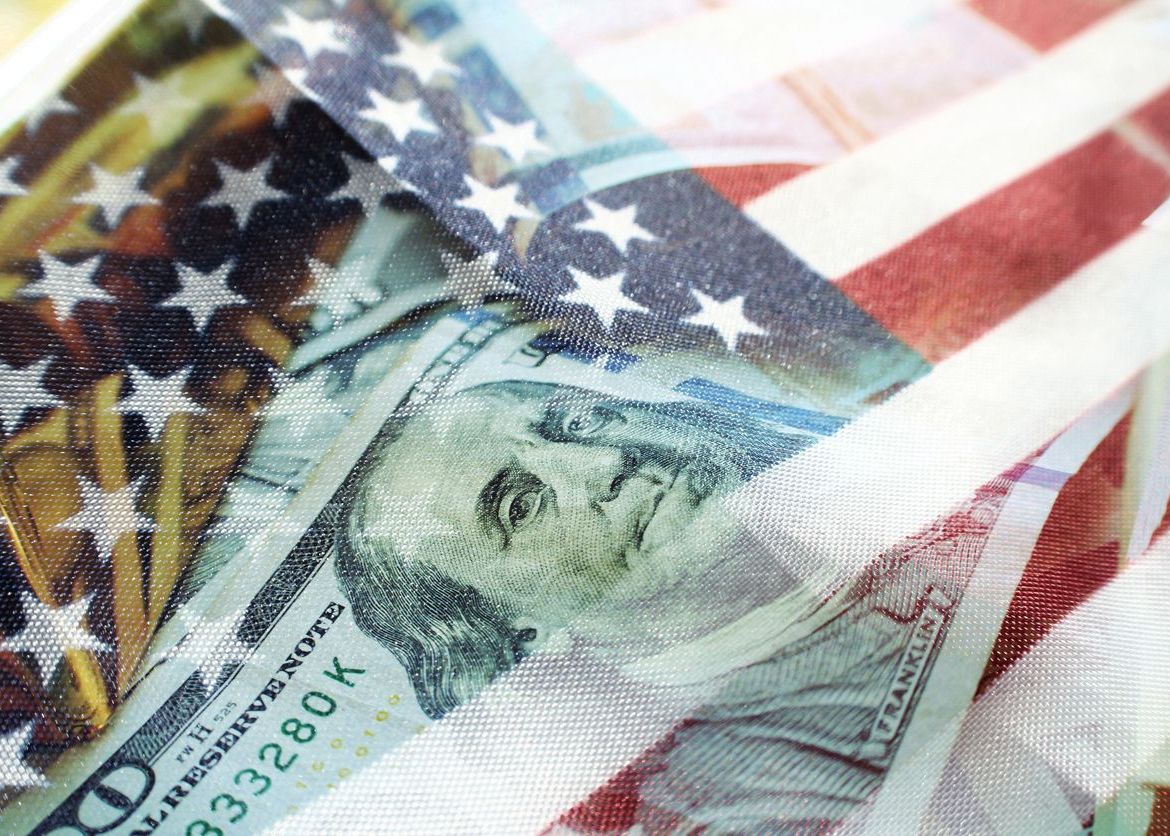
Most investors love economic and market forecasts. With the markets so uncertain and volatile, our brain craves some sort of idea of what the future holds. But the markets are unpredictable – evidenced by the fact that no one can consistently predict them with accuracy. Economic and stock market forecasts are not reliable, no matter what your brain tells you.
Unlike market and economic forecasts, my forecast is reliable and robust because it is based on enduring investment truths and investor behavior. These factors are more dependable than market outcomes and more important to an investor’s well-being.
My Forecast For 2026
In full disclosure, the following forecast is nearly identical to my forecast from last year and years prior to that.
- The economy/market will do something that surprises us (and the experts). In hindsight we will wonder how we didn’t see it
- The financial media will emotionalize headlines, and short-term market moves to entice you to tune in – so they can achieve better ratings
- As is typical in a midterm election year, economic narratives will diverge sharply, one party emphasizing economic hardships, the other highlighting economic progress
- Investors who watch the news and stock market often will experience more stress than those that don’t
- Investors that move to cash, waiting for a “better time,” will suffer significant uncertainty and anxiety about when and how to get back in
- Your investment decisions and reactions to market events will have a significant impact on your personal investment return
- You will be tempted to change your investment strategy based on market performance, expert forecasts, and/or your personal beliefs about the future
Conviction, patience, and discipline are virtues every investor should develop. They aren’t easy, yet they are essential for your success. One of my most important roles is helping you ignore the noise and focus on what really matters to your financial success.
I wish you a prosperous, fulfilling, and happy 2026. Thank you for allowing me to be your trusted partner along the journey.
– Scott
©The Behavioral Finance Network








